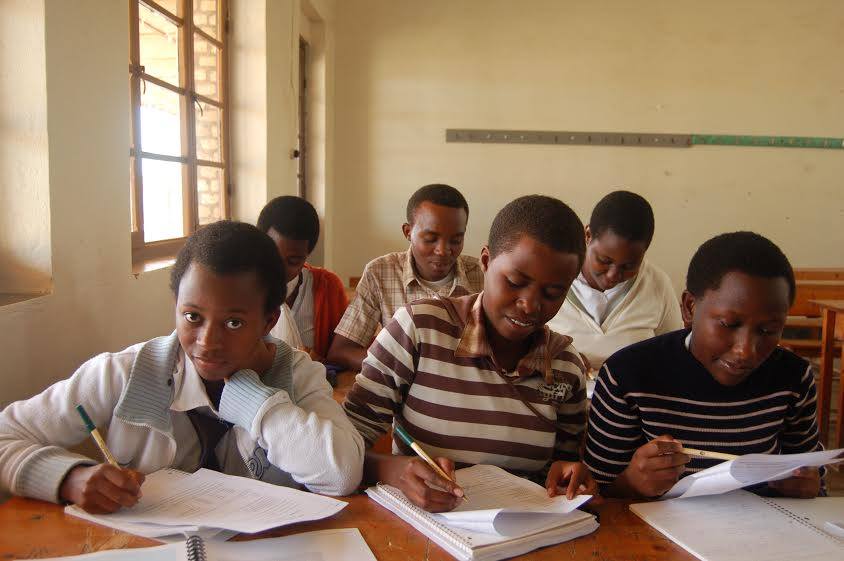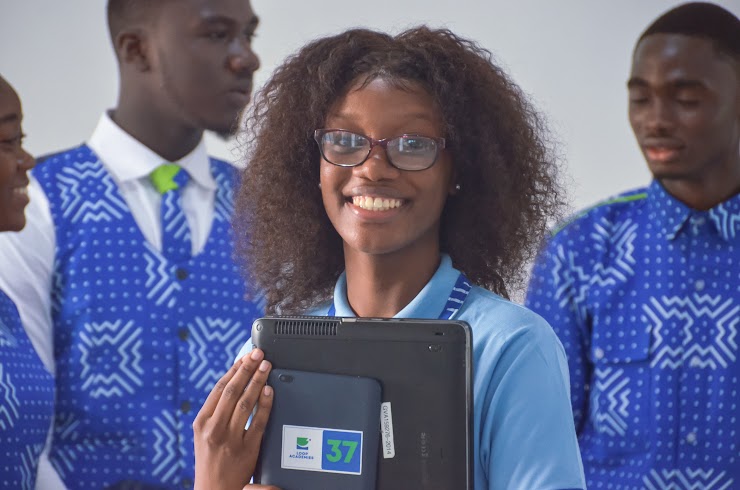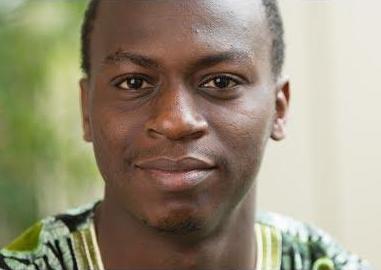The Future of Entrepreneurship: IDEA4Africa
Categorized as: Africa, Job Creation, Our Partners, Stories, Youth & Tagged as: Entrepreneurship, Future of work, Leadership training, Social entrepreneurism on February 26, 2022.
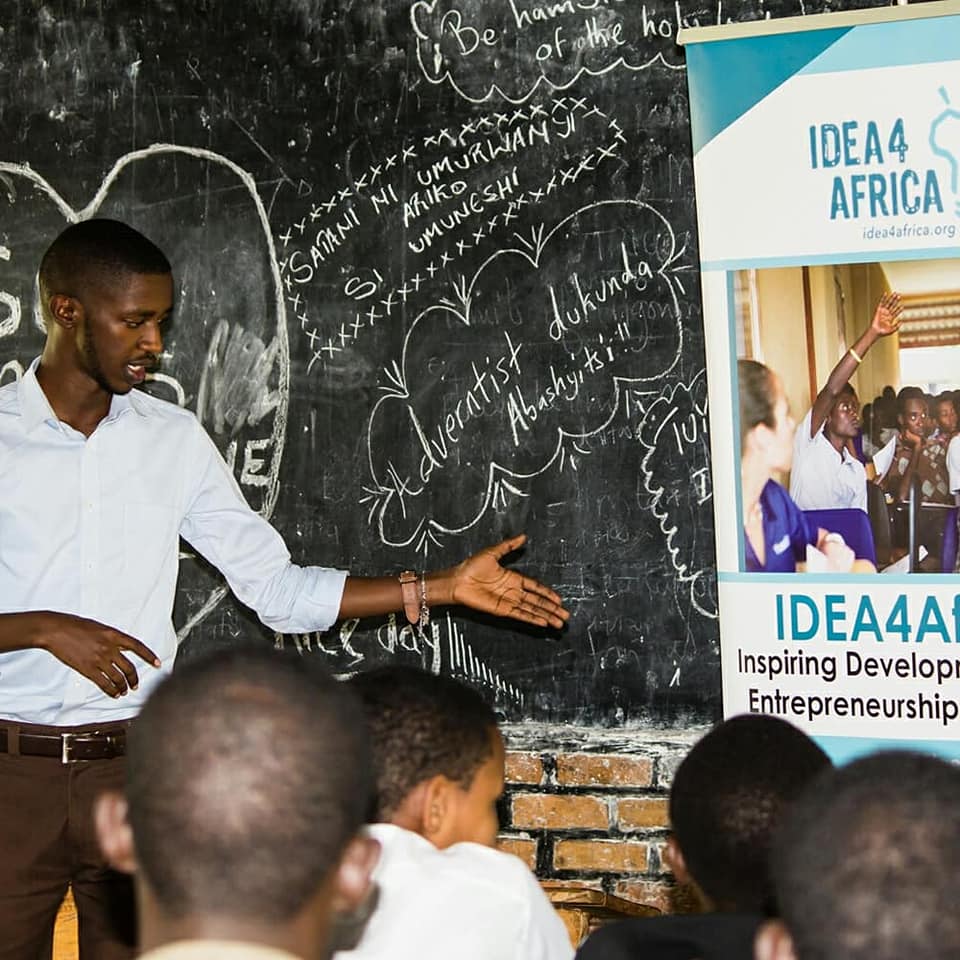
Part 1 of a 2-part series. Join us here for Part 2 on global future trends in entrepreneurship and work on March 12, or get access to the full content as originally published on suzanneskees.com.
What will entrepreneurship look like, from now into the future?–Not like a white guy from an ivy league school working out of a garage in Silicon Valley.
Imagine the opposite.
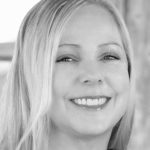 By Suzanne Skees, Founder and Storyteller
By Suzanne Skees, Founder and Storyteller
What Is an Entrepreneur?
What is an entrepreneur? Skees Foundation partner, IDEA4Africa literally wrote the book on that question: It’s someone who utilizes problem-solving to create an opportunity, solution, or value, and then moves their idea into action.
Entrepreneurs can be anyone willing to embrace problems as opportunities, anyone who chooses to create economic or social value.
IDEA4Africa’s open-source curriculum, which trains high-school students to start businesses, has been used in Ghana, Liberia, Rwanda, Tanzania, Uganda, and beyond. IDEA4Africa has permanent staff in three of those countries and hopes to soon add staff in Burundi. Incorporating feedback from over 10,000 students they’ve trained so far, and managed by young local country directors, IDEA4Africa is now expanding its reach by working with local partners to utilize a new school-cluster model.
Meanwhile, they’re overhauling their entrepreneur-training curriculum to reflect radical, rapid, global changes, such as the following major trends.
The Face of Our Future Entrepreneurs
Diverse
The founder of IDEA4Africa, American college president (Wheaton College in Norton, Massachusetts) Dr. Dennis Hanno, believes that now and in the future, the leadership we will see in entrepreneurship will be diverse global youth.
Hyperlocal
“Our students today are so much more sophisticated” than in the past, showing up digitally-savvy and full of ideas. Dennis is convinced that youth from the African continent and beyond, even those from rural and underserved areas, will apply “solutions designing” (solving needs, shortages, and problems–such as the lack of clean water or transportation of goods to market) more radically localized–and pertinent.
Young leaders will emerge from and then stay to serve their home communities. Because of the broader reach of technology, their coworkers can be based anywhere, and the components they need for their startup can transport from anywhere, entrepreneurs no longer need to seek out highrises in large cities.
Entrepreneurs don’t need to be from, or in, a place of privilege.
Social
Today’s entrepreneurs intrinsically seek benefits to society in addition to financial gain. Because new ventures are created by local leaders, they will target real, current, and relevant community needs.
Today, entrepreneurs don’t need to be from, or in, a place of privilege.
Training Leaders with Limited Resources
This trend applies to IDEA4Africa as the American founder steps back and young country directors take over in developing curricula and delivering it to high schools across an increasingly larger swath of the continent.
The Goal
Marvin Tarawally, Liberia country director, recent MBA graduate from the University of Oxford, England, and himself a serial social entrepreneur at age twenty-eight, wants “to prepare every high-school student to be a productive citizen.” How?
- Elevate them from a “broken” system without books, libraries, or computers where 70 percent perform far below their grade level, to individualized education plans that build knowledge and skills into full proficiency.
- Prepare them to enter a workforce with employable analytical and vocational skills in a region where, in Liberia at least, only 10 percent will matriculate to college, leaving that other 90 competing for jobs amidst 50 percent youth unemployment.
- Train them to look for market gaps and social problems with an eye to solutions, to sketch and test ideas, transform them into pitches and business plans, and to raise funds to start their own companies.
Loop Academies creates clusters of ten high schools to share resources and scale quickly.
The Means
IDEA4Africa is currently working closely with a Liberian NGO called Loop Academies, wherein a cluster of ten high schools near each other share computer, science, and library materials.
They’ve launched with twenty-seven students who will help shape the system as it quickly expands to reach thousands.
“Five hundred thousand students graduate in this broken system every year in Liberia,” laments Marvin, “We want to serve all of them and far more in other countries.” The cluster model enables schools and students to access more resources; in addition, IDEA4Africa shares ALL their own curricula materials, open-source, on their website.
“The school-in-a-box model makes it easily and quickly scalable,” notes Dennis.
The Results
If you can’t find a job, says Marvin, then invent one. “It’s tremendously empowering for a young person to be able to solve real problems they face every day in their communities,” from solar power to trash collection to crop-management apps.
“This is entrepreneurship FOR and BY Africans,” he muses. “However, funding is very limited, so your idea had better work.”
He believes young leaders need role models that look like them … not some white guy in a black turtleneck in a rich country thousands of miles away. And I say, Marvin–look in the mirror–because your students now look to you.
Photographs courtesy of IDEA4Africa, Loop Academies, and Marvin Tarawally.
LEARN more about IDEA4Africa here.
SHARE this story with your networks; see menu at top and bottom of page.
DONATE directly to help support IDEA4Africa here.
SUBSCRIBE! Like what you see? Click here to subscribe to Seeds of Hope!

